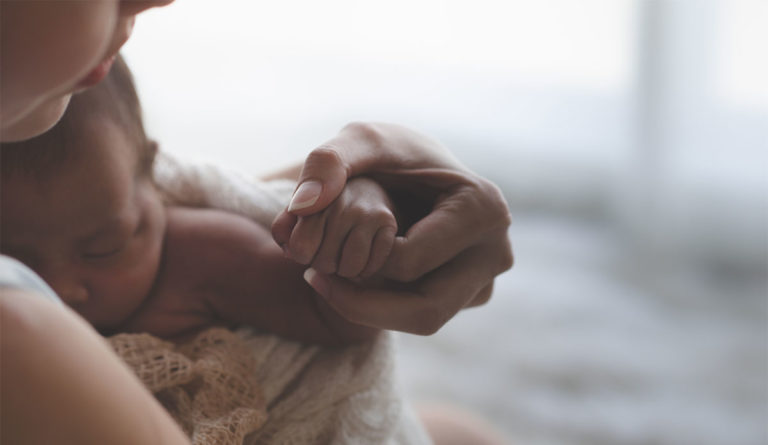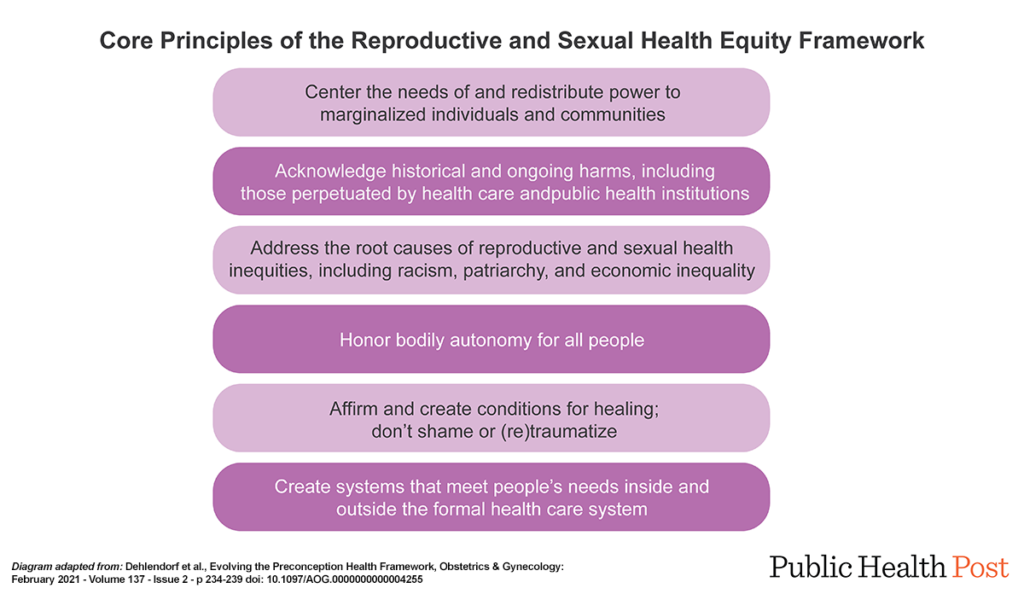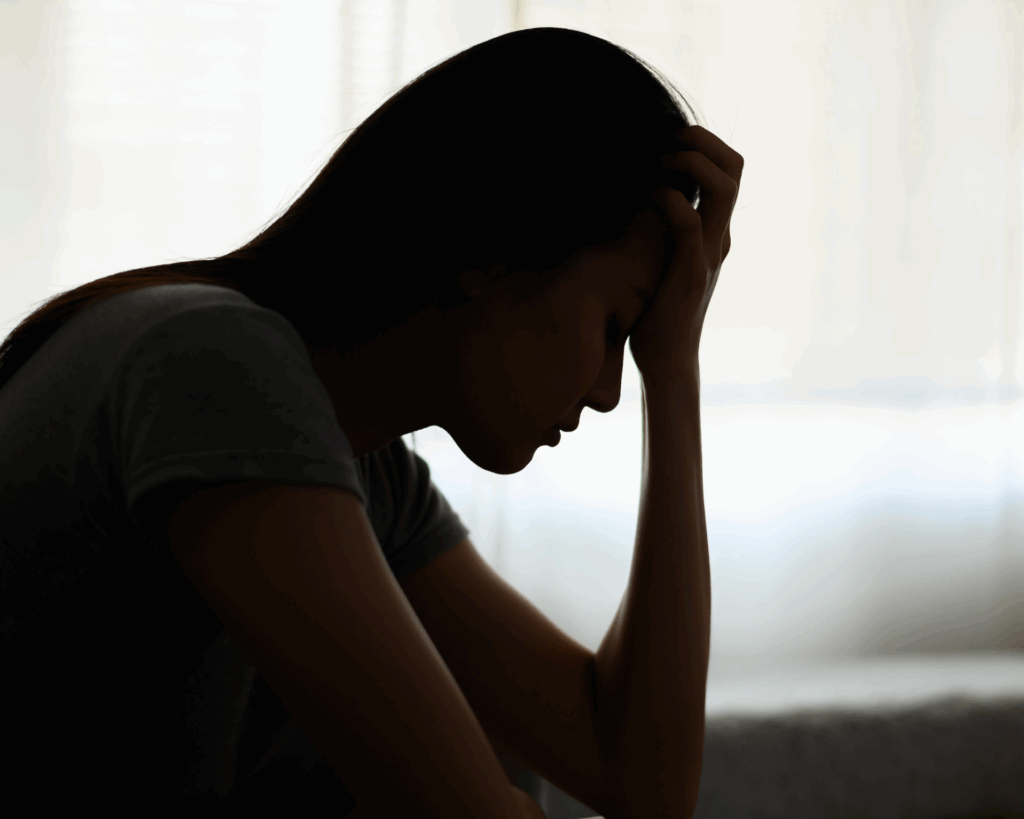Beyond Birthing Babies
Birthing healthy babies begins with healthy people, and a healthy nation requires equity to reach reproductive justice.

Read Time: 3 minutes
Published:
The Biden-Harris Administration released a statement on the 48th anniversary of Roe v. Wade reiterating their commitment to reproductive justice. They acknowledged that Black and Indigenous women’s risk of dying due to pregnancy complications is more than double that of white women. They also expressed dedication to increasing access to reproductive care and support for parents and children, “so that all parents can raise their families with dignity.”
This progressive shift has the potential to reduce the current infant mortality ratio in the United States from 5.7 deaths per 1,000 live births. Current mainstream reproductive health care relies on the preconception care framework and stresses the importance of a nutritious diet and physical activity for healthy birth outcomes. This places sole responsibility on parents without regard to systemic injustices. Similarly, it focuses reproductive justice conversations on the health of unborn children instead of the people who give birth to them.

The Reproductive and Sexual Health Equity Framework addresses the social and structural barriers to healthy lifestyles. Founded on six core principles, the framework broadens the understanding of reproductive justice beyond pregnancy and abortion to promote race and gender equity as well as bodily autonomy. In 1994, Black women activists developed a definition of reproductive justice that recognized the needs of marginalized people. Their words now serve as the foundation for this framework dedicated to amplifying the needs of Black and Indigenous women, trans people, and other marginalized communities.
Each of the six core principles of the Reproductive and Sexual Health Equity Framework aims to empower marginalized people and communities.
Each of the six core principles of the Reproductive and Sexual Health Equity Framework aims to empower marginalized people and communities. It expands the idea of “women’s health” to respect everyone with the capacity for pregnancy regardless of gender identity. Honoring bodily autonomy for all people is a central value. The framework further acknowledges the historical and present harms of reproductive oppression, especially those perpetuated by health institutions.
The Reproductive and Sexual Health Equity framework encourages addressing the root causes that have contributed to health inequities. It has had an even larger importance in a year when over 560,000 people in the United States are experiencing homelessness and chronic homelessness is expected to increase by 49% as a result of the COVID-19 pandemic, and more than 35 million Americans live in food insecure households. Both homelessness and food insecurity have been associated with low birth weight and other adverse birth outcomes. Educating parents about preparations and practices for healthy pregnancies is vital, but difficult personal circumstances are too often about life conditions that require social and structural change.
Birthing healthy babies begins with healthy people, and a healthy nation requires equity to reach reproductive justice.
Photo via Getty Images



